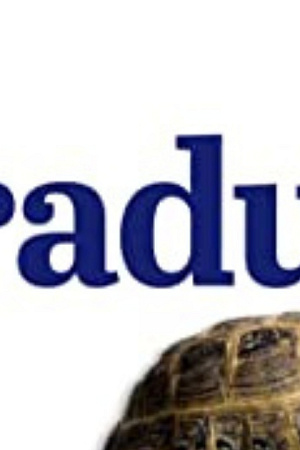Booknotes
The Hairy Man of South Eastern Australia
by Graham C Joyner
27pp., available from the author, PO Box 253, Kingston ACT 2604, $5.40
Loch Ness may have its monster and Tibet its Yeti, but Australia also has its legendary beasts. This booklet collects a number of references, mainly from local newspapers, to a hairy man, known as a yahoo or dulagal, which has been reported in various places between Gippsland and Sydney. Most of the accounts are credited ultimately to Aboriginal lore, but there are one or two sightings claimed by white men.
How to Study
by Kate Barnett
Sun Books, 2 + 87pp., $2.50
This is a most useful book directed to the needs of students approaching the final year of secondary school or the early years of tertiary education. It is essentially practical advice to the student on how s/he can organise himself/herself to have the best chance of success. Advice is given on such matters as listening to lectures, reading, writing essays, taking notes and preparing for examinations. The differences between secondary and tertiary education are explained succinctly, and a useful chapter is addressed to parents. Another good chapter is on the importance of sleep. A weakness of the book is the emphasis it places on hard work – a sample schedule allots fifty-four hours a week to study, with no time for the vital activities of talking and thinking. Such a schedule not only misplaces its emphasis, but may give students an unreal idea of what is expected of them.
Educating for Literacy and Numeracy in Australian Schools
by JP Keeves, Jennifer K Matthews and SF Bourke
(Australian Education Review, Number 11).
ACER, 70pp., $4.00
This booklet provides a clear and accessible summary of the main results of the Australian Study of School Performance, which was commissioned by the House of Representatives Select Committee on Learning Difficulties. The full report of the study has been published by the Australian Government Publishing Service.
The study enables us to conclude that, while Australian schools are in general doing well by their students, there is a substantial minority who leave school without the skills of reading, writing and arithmetic which are necessary for them to play a full part in our society. The authors suggest a number of implications from this fact. First, teacher training courses need to ensure that all teachers are prepared to teach basic skills. Second, schools must be organised to cater for individual differences. Third, we need as a community to support a variety of schemes which are outside the formal education system but which can give adults the opportunity to develop skills that they did not learn at school. This booklet gives both a clear indication of the school's basic tasks and an informed starting point for any educational debate.
The Unknown Drug
by Thea Stanley Hughes
Movement Publications, London and Sydney, 32pp.
An old-fashioned temperance tract in modern guise for the young.
John Seymour’s Gardening Book
Australian and New Zealand edition, Oxford University Press, 62pp., illus., $5.95
This book is very English in its style of gardening, with an insistence on the importance of compost, digging and hoeing, but it has been adapted to Australian seasons. The gardening is directed to the production of vegetables, and the writing and illustrations are simple enough to inspire the beginner, or alternatively to charm the arm-chair gardener.







